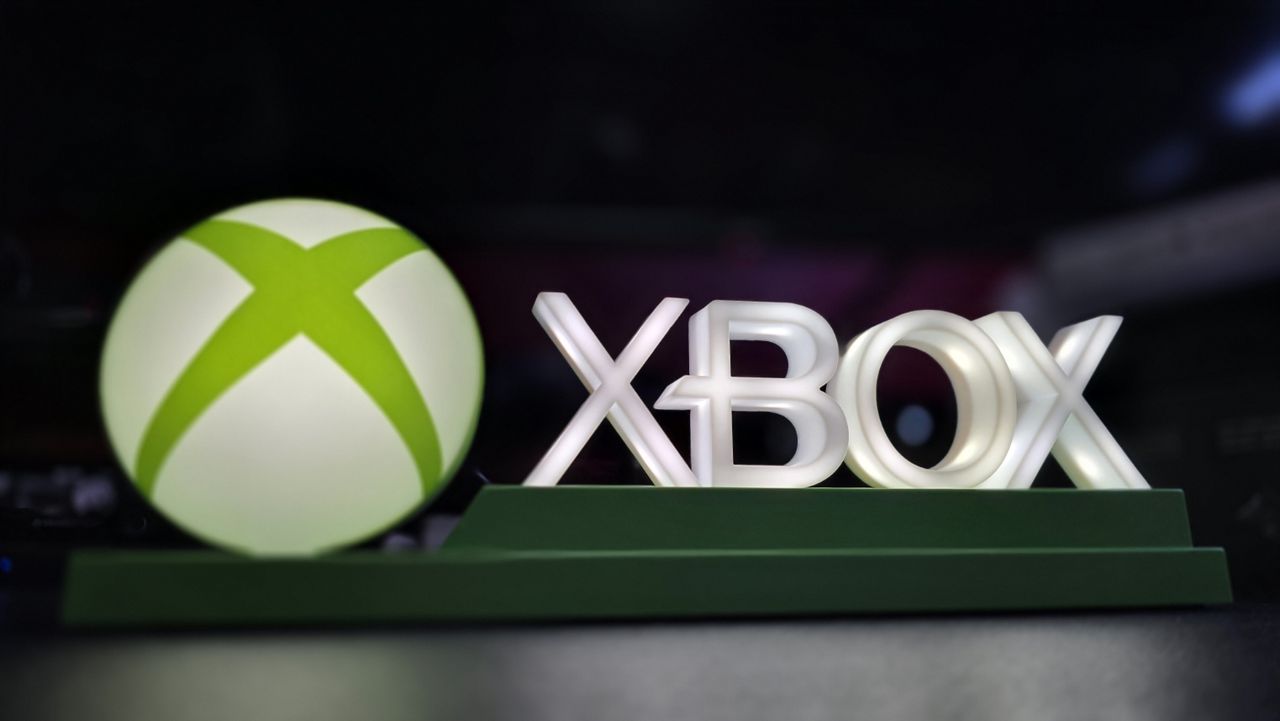
If you’re an Xbox fan, the past couple of weeks have felt more dire than usual.
There’s a running joke within the Xbox community: Xbox seems to be doing well, then quickly messes things up for itself. It’s a cycle of positive progress followed by self-sabotage, and people often say it’s ‘dead’ one minute and ‘back’ the next.
Xbox has seen some successes recently, particularly with Xbox Game Pass, which had a fantastic lineup of games leading into the summer. 2025 is shaping up to be a great year for Xbox games, with more titles available on Xbox Series X|S than ever before. However, Xbox is now releasing these games on other platforms, meaning they’re no longer exclusive. This isn’t ideal considering other platforms already have their own exclusive games, leading some to wonder why players shouldn’t just play on those platforms to enjoy both Xbox games and their exclusives.
A strong counterargument to that point is Xbox Game Pass. Even with recent price hikes, it became well-known as the best value in gaming, especially after a series of popular games like Expedition 33, Blue Prince, DOOM, and Oblivion were released on the service right away. However, that streak seems to be over now.
Microsoft’s recent 50% price hike for Xbox Game Pass Ultimate has sparked widespread frustration, reminiscent of the negative reaction to the original Xbox One launch. This price increase feels like the culmination of a year of confusing messages from Microsoft, creating an impression that Xbox is struggling rather than thriving.
Xbox Game Pass price hike, and the death of a meme
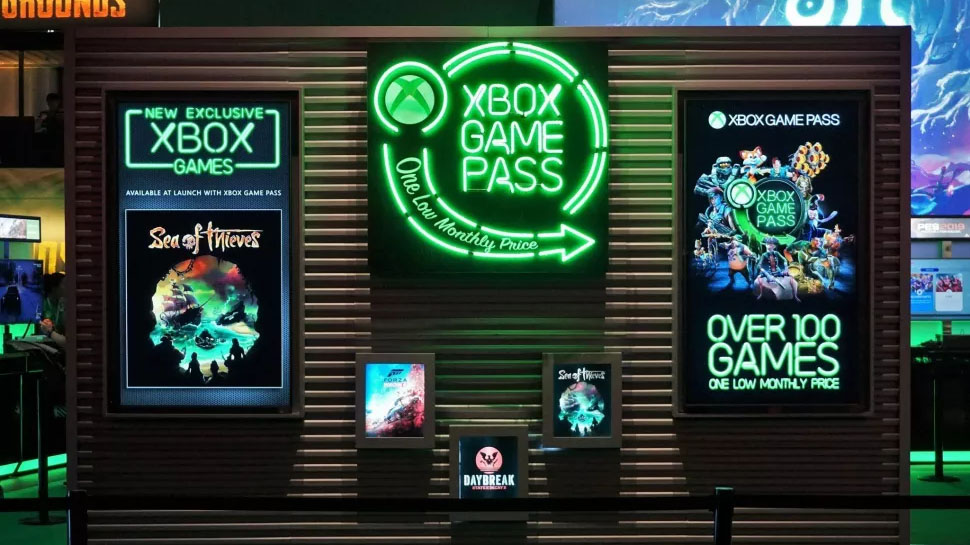
The size of the price increase for Xbox Game Pass is what really stands out. Many subscription services like Netflix, Spotify, and YouTube Premium have been gradually raising their prices, but the 50% jump for Game Pass feels different. It suggests a deeper problem than just inflation – perhaps they were undercharging before and are now adjusting their pricing structure.
As a big Xbox fan, I remember when Microsoft floated the idea of charging $80 for their big new games, starting with The Outer Worlds 2. There was a huge amount of pushback, even from the teams *making* the games, so they quickly dropped that plan. It seems like this recent Game Pass price increase is partly to make up for the money they lost when they changed their minds about that $80 price. But honestly, a lot of us – me included – think Call of Duty is a big reason for the increase too. It’s just expensive to keep that franchise on Game Pass!
Developing Call of Duty costs a huge amount of money, and including it in the $20 Xbox Game Pass subscription seems, at first glance, damaging to both the game’s traditional sales and the Game Pass business model. I wondered if Microsoft was using the revenue from Game Pass to cover the costs of making the game, potentially reducing the money available for developing new titles.
Adding new games is essential to keep highly engaged players from canceling their subscriptions. If Call of Duty was taking most of the money that would have been spent on buying games separately, Xbox Game Pass risked becoming a service focused almost entirely on that one title. However, it’s important to consider that Microsoft’s strong financial position suggests the driving force may simply be maximizing profits.
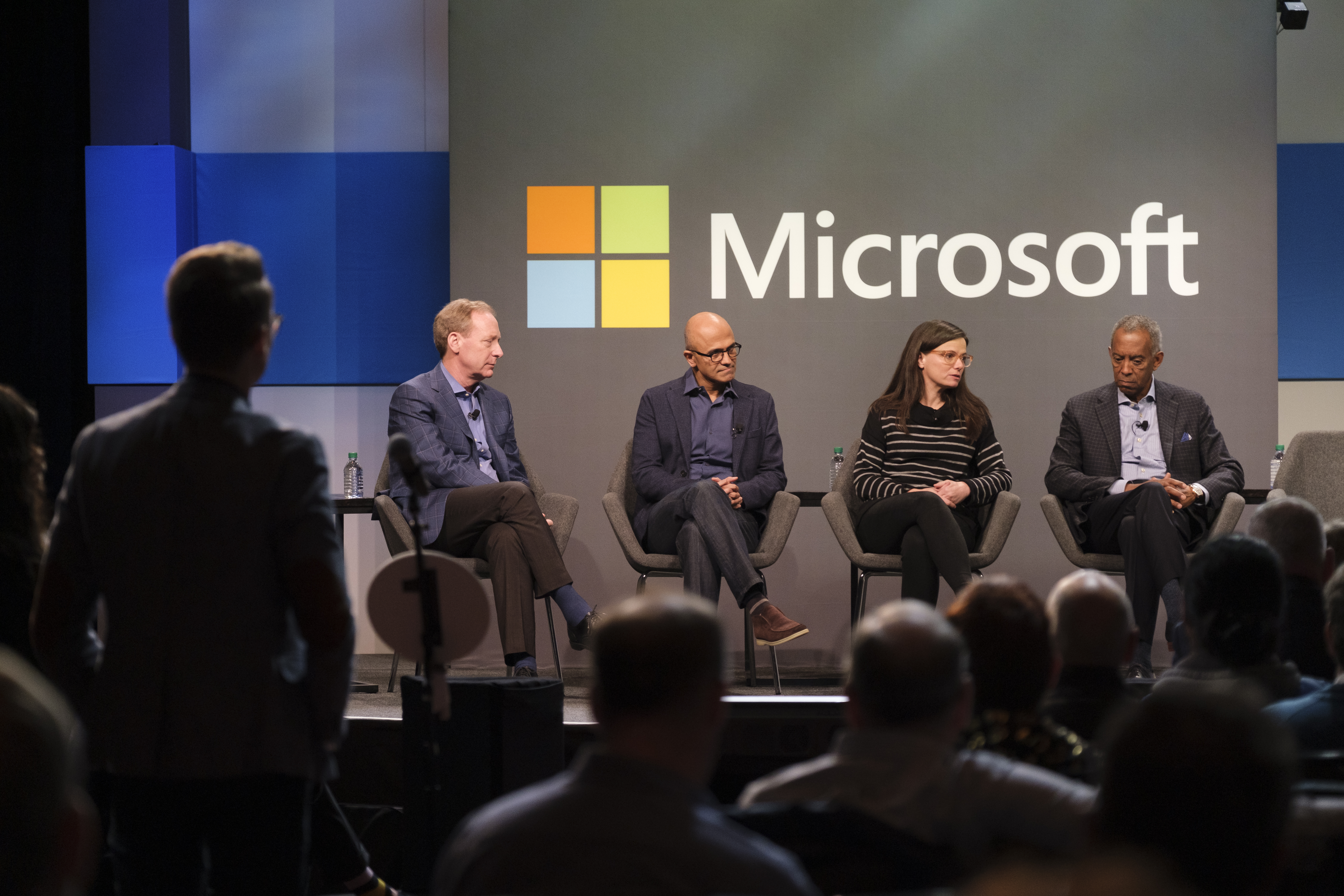
On my Xbox podcast this summer, I discussed a rumor that Microsoft’s CFO, Amy Hood, was pushing the gaming division to achieve overly ambitious profit goals. Looking at recent decisions – like raising game prices to $80, cutting back on Microsoft Rewards, and, most notably, the large number of layoffs over the past year – it seems like that rumor might be true.
Xbox is consistently making a lot of money, and Microsoft as a whole is reporting record profits – tens of billions of dollars each year. Given this success, the recent 50% price increase for Xbox Game Pass seems unnecessary. Xbox, with popular franchises like Call of Duty, Candy Crush, and World of Warcraft, could have easily maintained profitability by accepting smaller profits, reducing executive compensation, or scaling back investments in AI. Microsoft has even stated that Game Pass was already profitable before the price hike, making the increase even more questionable.
You know, my friend Rand always says, “the chart only goes up!” And it makes me think about Microsoft and Xbox. If they were seeing revenue dips, raising prices is a quick fix – a temporary way to make the numbers look good on paper, but not a sustainable solution in the long run.
Most people no longer believe Xbox Game Pass offers the best value in gaming, and it’s probably unlikely to regain that reputation, even after the next financial report is released.
Has Amy Hood or anyone else considered the long-term damage of short-term thinking?
Microsoft’s utilitarian attitude to gaming isn’t sustainable
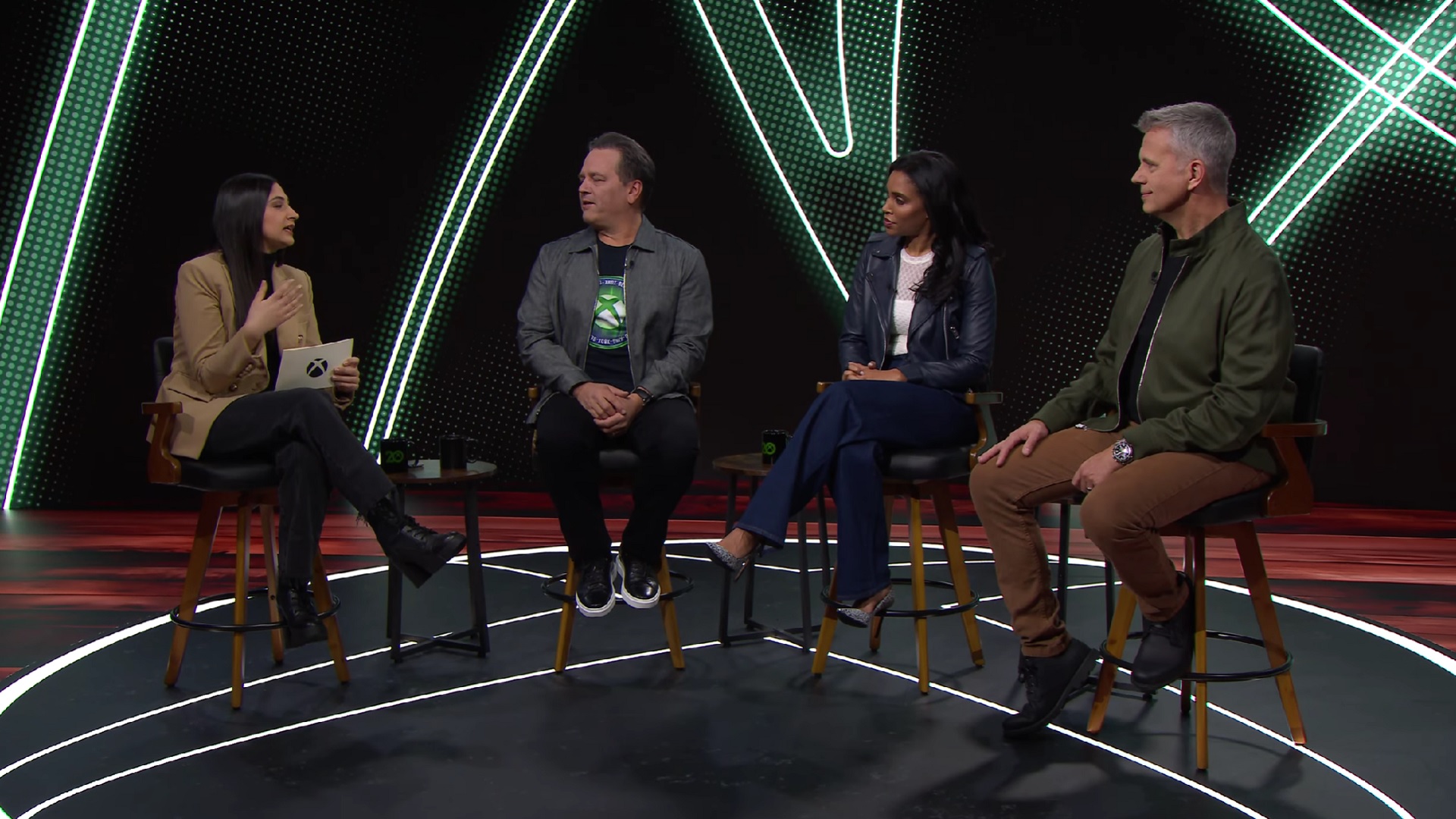
I’ve been writing this blog for more than a decade, and after the issues with the Xbox One, I don’t recall the Xbox community ever being so divided. It’s also been a long time – since 2013, actually – that so many people have openly disliked Xbox.
For many, Xbox Game Pass was the one bright spot in recent years. Even popular online creators acknowledged its worth through social media, and reports suggested it was a successful business, with Xbox publicly sharing positive financial information. This makes the recent 50% price increase all the more puzzling – if it was doing so well, why raise prices so dramatically?
This broken promise is just the latest in a series of issues that have eroded trust in Xbox, both with its current fans and those who might consider buying their products. Xbox head Phil Spencer famously said that the game *Indiana Jones* wouldn’t be going to PlayStation 5, only for it to be released on the platform a few months later. While Spencer technically didn’t say *Indiana Jones* would *never* come to PlayStation – he was specifically discussing the initial four games – many saw it as misleading. The question remains: why bring up *Indiana Jones* at all if it was always a possibility? Microsoft was clearly aware of the broader plan, which included more than just those four games, and could have been upfront about it.
It’s easy to say what I *should* have said looking back, and I’ve definitely made mistakes before. However, this particular comment was made during a planned interview specifically for Xbox fans – fans who are understandably worried about the future of Xbox and whether it will continue to offer unique games and experiences.
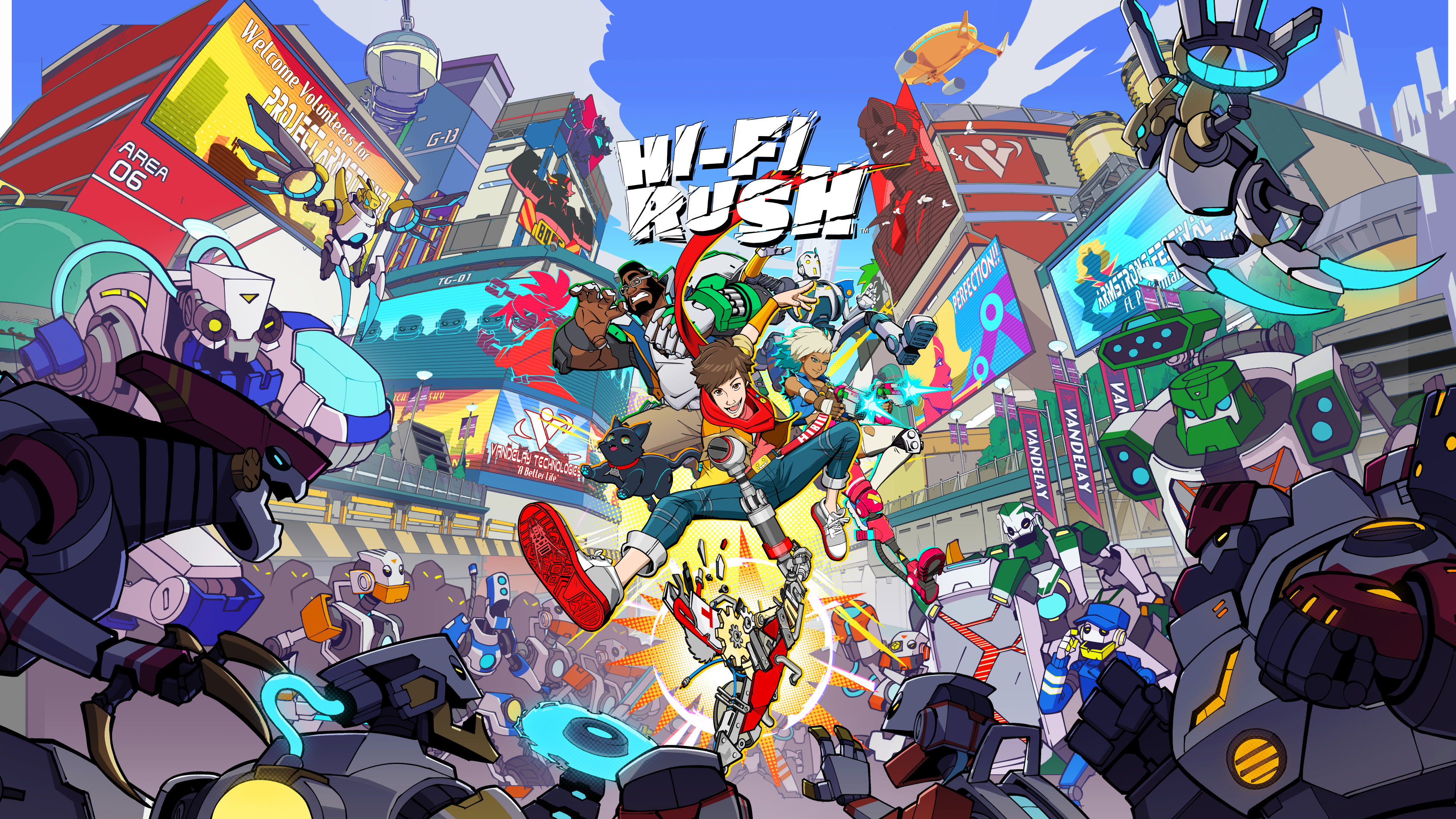
There are many other instances that illustrate this point. Xbox reported that the surprise release of Hi-Fi Rush went well, and Matt Booty, head of Xbox Game Studios, has consistently emphasized the need for original games. However, Microsoft then closed the studio that created Hi-Fi Rush, though it was later revived by Krafton Inc. They also invested years and millions of dollars into developing a new Perfect Dark game at Initiative Studio, only to ultimately cancel the project, disappointing fans who were excited for the return of the beloved series.
Many other companies in the gaming industry have shut down studios and cancelled projects – it’s a common practice. However, Microsoft is in a unique position, reporting over one hundred billion dollars in profit each year.
I’m not saying Microsoft can endlessly spend money on Xbox and projects that aren’t successful, but they *do* make over 100 billion dollars in profit each year.
Xbox is struggling to regain consumer trust, and that’s a significant problem. Microsoft seems to approach its products for everyday consumers the same way it approaches sales to businesses – focusing on large-scale deals rather than building individual customer loyalty. It’s like they only need to convince one person to get everyone to buy in, and that doesn’t work well for building lasting relationships with players.
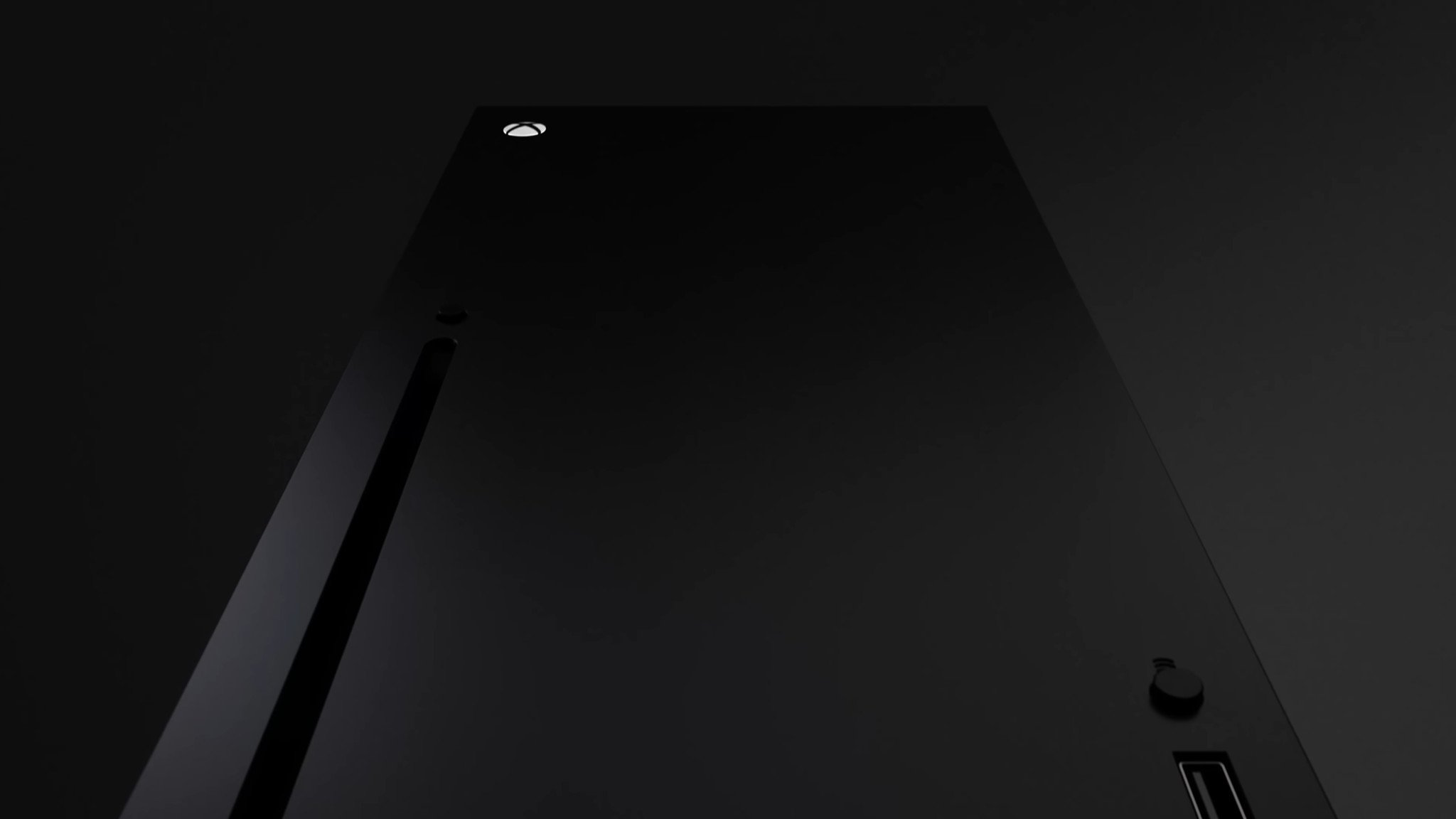
Video games aren’t essential; they’re a treat people choose to enjoy. And increasingly, what people *think* about a company matters just as much as the products themselves. Right now, Xbox and PlayStation offer very similar experiences, but PlayStation has built a stronger sense of trust with players. Many people don’t feel confident that Microsoft will continue to prioritize gaming, as the company seems primarily focused on areas like Office, artificial intelligence, and cloud services. CEO Satya Nadella’s recent post about AI was quickly flooded with comments about Xbox Game Pass, highlighting that he appears to be overlooking the concerns of his gaming customers.
I’ve previously written about how Microsoft’s products – Surface, Windows, and Xbox – seem to be declining in quality, and that assessment still holds true. Microsoft consistently prioritizes quick profits and looking good on quarterly reports over building lasting customer loyalty. They’re betting people are too invested in Windows and Xbox to switch, but history shows us that’s a risky strategy. Products like Internet Explorer, MSN Search, and Skype were once hugely popular, but quickly lost ground when better options appeared – and Microsoft didn’t listen to its customers.
Does any of this matter? Well, yes, actually, I think it does.
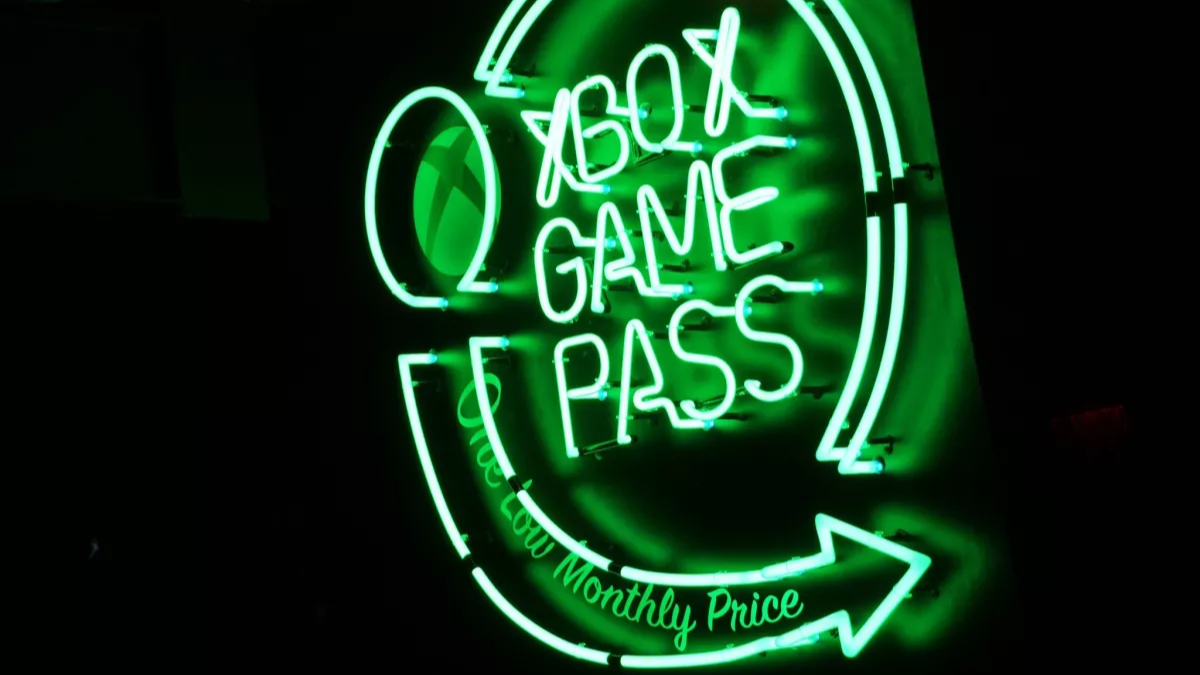
It’s easy to get stuck in your own online world. My social media feeds are full of Xbox news because that’s what I like, but I was surprised to overhear people at the gym talking about the recent price increase for Xbox Game Pass and rumors about Xbox potentially stopping hardware production. It’s not a lot of proof, but it was the first time I’d heard anyone talking about Xbox in person since the issues with the Xbox One back in 2013.
The BBC and other major news sources reported on the recent price increase for Xbox Game Pass. The unusually large 50% jump in price sparked rumors that Microsoft might stop making Xbox consoles, similar to what happened with Sega many years ago.
Xbox publicly denied rumors that it would stop making consoles, pointing to their ongoing agreement with AMD for console chip production. However, given Microsoft’s shifting strategies, history of unmet promises, and apparent disregard for what players want, many people are skeptical of the denial.
Microsoft has to recognize that its actions, whether perceived as positive or negative, affect everyone connected to the company – including its services, teams, partners, developers, and most importantly, its customers. Negative perceptions can quickly spread and have a broad impact.
Microsoft seems focused on constantly increasing profits, and shifting away from making their own gaming consoles to simply publishing games on platforms like Steam, PlayStation, and Nintendo Switch could improve their long-term earnings. However, this would likely result in significant job losses – potentially hundreds – and decrease competition in the gaming industry, especially for dedicated gamers. Fewer platforms would also probably mean less investment in new game development studios and less financial support for independent developers and smaller teams, as programs like Xbox Game Pass might no longer exist.
As I mentioned before, it’s possible this whole situation is overblown. Perhaps interest isn’t actually declining as much as it seems, and the number of people cancelling Xbox Game Pass isn’t as high as some online discussions suggest. A lot of the negativity might just be coming from people who aren’t fans, or don’t even use Xbox.
Activision is changing how players are matched in Call of Duty: Black Ops 7. After previously claiming data showed skill-based matchmaking (SBMM) improved the game, they’ve now announced they’re removing it, potentially in response to player feedback and discussions on social media.
Why change things now, so close to the release? It seems likely that the excitement for Battlefield 6, launching this Friday, is a factor. Maybe Activision is worried about losing Call of Duty players to a competitor who seems to be paying more attention to their community. It just goes to show that player feelings can be really important.
Microsoft has remained largely silent about the recent controversy and seems to be waiting for it to subside on its own.

Recent negative reactions to Fallout 76 and World of Warcraft: Midnight have spread to other franchises like Call of Duty, raising concerns about its future under Microsoft. This negativity has damaged Xbox’s reputation, even regarding generally well-received services like Game Pass and the Xbox Series S. Positive developments, such as the inclusion of Xbox Cloud Gaming in lower Game Pass subscriptions and an increase in available games, have been largely overlooked. Even dedicated Halo fans are apprehensive about upcoming news, considering the franchise’s history of issues.
Microsoft is one of the world’s largest and most influential companies, and it’s important they recognize that their actions affect everyone connected to them – from employees and partners to developers and, most importantly, customers. Any negative perception of the company can quickly spread and impact everything they do.
Microsoft really needs to demonstrate some clear successes right now to stand out. I understand there are a lot of economic challenges, like tariffs, the weaker dollar, and persistent inflation. I’m not saying Xbox or Microsoft are doing poorly on their own, but the overall economic situation is putting pressure on US companies in many ways.
Will Microsoft achieve another year of record profits? And will CEO Satya Nadella and other major shareholders receive substantial bonuses as a result? It seems very probable that they will.
Looking at the bigger picture, our current economic system isn’t working for most people. While wealth is increasingly concentrated at the top, the middle class and working families are feeling the financial strain. Xbox Game Pass stood out as a surprisingly affordable and valuable service, so its recent price increase feels like a major disappointment – even a breaking point – for many who already felt Xbox wasn’t prioritizing them.
I wish we could return to a time when people genuinely enjoyed and appreciated Xbox. However, given how focused everyone is on quick profits, I’m not sure if that’s realistic anymore.
Read More
- How to Get the Bloodfeather Set in Enshrouded
- Every Targaryen Death in Game of Thrones, House of the Dragon & AKOTSK, Ranked
- Gold Rate Forecast
- 4 TV Shows To Watch While You Wait for Wednesday Season 3
- The Pitt Season 2, Episode 7 Recap: Abbot’s Return To PTMC Shakes Things Up
- 10 Movies That Were Secretly Sequels
- Best Controller Settings for ARC Raiders
- Goat 2 Release Date Estimate, News & Updates
- One of the Best EA Games Ever Is Now Less Than $2 for a Limited Time
- Demon Slayer: Infinity Castle is Returning to Theaters in The U.S.
2025-10-09 20:42